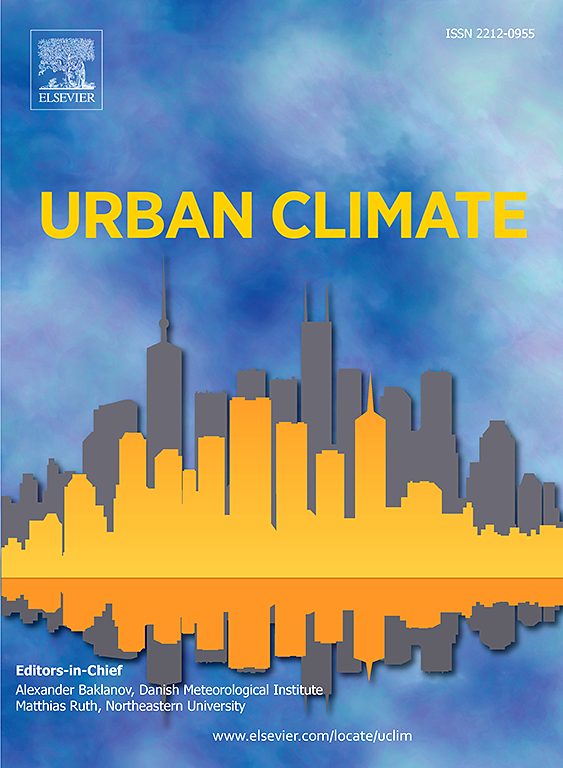Spatiotemporal interaction between new-type urbanization and low-carbon technology development on curbing urban SO2 pollution in China
IF 6
2区 工程技术
Q1 ENVIRONMENTAL SCIENCES
引用次数: 0
Abstract
The spatiotemporal heterogeneity of new-type urbanization in Chinese cities, with its emphasis on ecological development, interacts with the low-carbon technology development (LCT), a critical initiative for achieving carbon peak and neutrality targets. This interplay may lead to varied outcomes in air pollution control. This study investigates the spatiotemporal interplay between the four innovation priorities of new-type urbanization and LCT in influencing urban sulfur dioxide (SO₂) emissions and emission intensity. By constructing the Geographically and Temporally Weighted Regression (GTWR) model, we estimate the spatiotemporally varying coefficients across 294 cities and 18 urban agglomerations in China from 2012 to 2022. Our findings reveal that: (1) LCT has a strengthening effect on the inhibitory effect of new-type urbanization on urban industrial SO2 emission intensity across all Chinese cities and in 73 % of the cities for SO2 emissions. (2) LCT alleviates the energy rebound effect caused by population and land use changes accompanying new-type urbanization. (3) In 41 % of the cities, the relationship between economic new-type urbanization and SO2 emissions was identified to be an inverted U-shaped correlation. (4) Urban agglomerations have better SO2 control impacts during their new-type urbanization process, where the strengthening effect of LCT on inhibiting SO2 emissions is 1.6 times higher. This study provides empirical evidence to inform nuanced new-type urbanization strategies and targeted SO₂ pollution control measures at city and urban agglomeration scales.
中国新型城镇化与低碳技术发展对城市二氧化硫污染治理的时空互动
以生态发展为重点的中国城市新型城镇化的时空异质性与低碳技术发展(LCT)相互作用,后者是实现碳峰值和碳中和目标的关键举措。这种相互作用可能导致空气污染控制的不同结果。本文研究了新型城镇化四大创新重点与LCT对城市二氧化硫排放和排放强度的时空相互作用。通过构建地理时间加权回归(GTWR)模型,估算了2012 - 2022年中国294个城市和18个城市群的时空变化系数。结果表明:①LCT对新型城镇化对城市工业二氧化硫排放强度的抑制作用在中国所有城市和73%的SO2排放城市中均有增强作用;(2) LCT缓解了新型城镇化伴随的人口和土地利用变化带来的能量反弹效应。(3) 41%的城市经济新型城镇化与SO2排放呈倒u型相关。(4)城市群在新型城镇化过程中SO2控制效果较好,LCT对SO2抑制的强化效果是城市群的1.6倍。该研究为城市和城市群尺度上的新型城镇化战略和针对性的so2污染控制措施提供了实证依据。
本文章由计算机程序翻译,如有差异,请以英文原文为准。
求助全文
约1分钟内获得全文
求助全文
来源期刊

Urban Climate
Social Sciences-Urban Studies
CiteScore
9.70
自引率
9.40%
发文量
286
期刊介绍:
Urban Climate serves the scientific and decision making communities with the publication of research on theory, science and applications relevant to understanding urban climatic conditions and change in relation to their geography and to demographic, socioeconomic, institutional, technological and environmental dynamics and global change. Targeted towards both disciplinary and interdisciplinary audiences, this journal publishes original research papers, comprehensive review articles, book reviews, and short communications on topics including, but not limited to, the following:
Urban meteorology and climate[...]
Urban environmental pollution[...]
Adaptation to global change[...]
Urban economic and social issues[...]
Research Approaches[...]
 求助内容:
求助内容: 应助结果提醒方式:
应助结果提醒方式:


